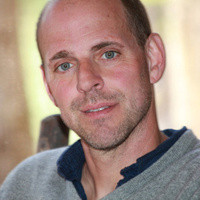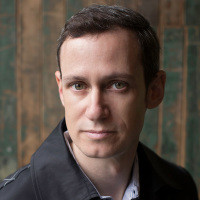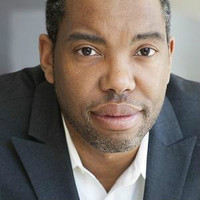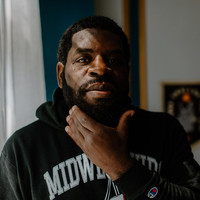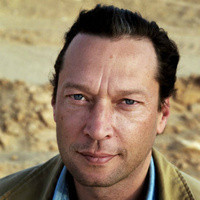‘We Will Have to Go Through a Hell to Reach Our Future. There Is No Other Way.’
Yemen on the brink of hell:
In a sense, south Yemen itself offers a grim cautionary tale about the events now unfolding in Taiz and across the country. Until 1990, when the two Yemens merged, South Yemen was a beacon of development and order. Under the British, who ruled the south as a colony until 1967, and the Socialists, who ran it for two decades afterward, South Yemen had much higher literacy rates than the north. Child marriage and other degrading tribal practices came to an end; women entered the work force, and the full facial veil became a rarity. It was only after Ali Abdullah Saleh imposed his writ that things began to change. When the south dared to rebel against him in 1994, Saleh sent bands of jihadis to punish it. The north began treating the south like a slave state, expropriating vast plots of private and public land for northerners, along with the oil profits. Tribal practices returned. Violent jihadism began to grow.





